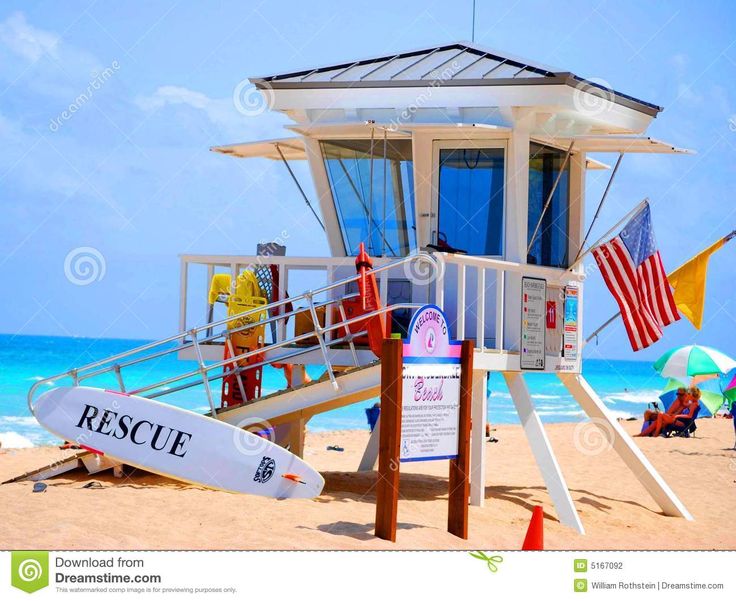As summer approaches, the sun shines brighter, the days grow longer, and people flock to pools and beaches seeking relief from the heat. For lifeguards, this season means more than just fun in the sun; it’s a time for vigilance, preparedness, and ensuring the safety of all swimmers. Here’s how to prepare for the challenges of seasonal lifeguarding and make the most of a rewarding summer.

1. Refresh Your Skills
Before the season kicks off, it’s essential to refresh your lifeguarding skills. Even if you’ve been a lifeguard for years, regular practice is crucial life guard. Consider participating in a review course to brush up on:
- Rescue Techniques: Practice various rescue methods, including reaching assists, throwing assists, and in-water rescues.
- CPR and First Aid: Ensure your CPR and first aid certifications are up to date. Refresh your knowledge of how to handle emergencies, from minor injuries to life-threatening situations.
- Emergency Response Plans: Familiarize yourself with the specific emergency response protocols at your location, including how to alert medical personnel and coordinate evacuations if necessary.
2. Know Your Environment
Every pool and beach has its unique set of challenges. Understanding your environment is crucial for effective lifeguarding:
- Water Conditions: Be aware of the water temperature, currents, and wave patterns. This knowledge can help you identify potential hazards and advise swimmers accordingly.
- Facility Layout: Familiarize yourself with the layout of your facility, including entrances, exits, and emergency equipment locations. Knowing the quickest routes can save valuable time in emergencies.
- Swimmer Demographics: Pay attention to the types of swimmers you’ll be supervising. Families with young children, competitive swimmers, and inexperienced swimmers all have different needs and risks.
3. Enhance Your Observation Skills
One of the most vital aspects of lifeguarding is keen observation. Summer brings a higher volume of swimmers, which means a greater responsibility to monitor safety:
- Stay Alert: Develop techniques to help you stay focused during long shifts. Regularly scan the pool or beach for signs of distress or unsafe behavior.
- Recognize Signs of Trouble: Familiarize yourself with the warning signs of drowning, such as trouble swimming, erratic movements, or a swimmer who’s not making progress.
4. Foster Communication and Teamwork
Lifeguarding is not a solo endeavor; it relies heavily on effective communication and teamwork:
- Establish Signals: Create clear signals with your fellow lifeguards for emergencies, such as needing assistance or when to clear the water.
- Conduct Drills: Regularly practice emergency scenarios as a team to build trust and ensure everyone knows their roles during a crisis.
- Engage with Swimmers: Build rapport with the swimmers by being approachable and friendly. Educating them about safety rules can prevent accidents before they happen.
5. Promote Safety Awareness
As a lifeguard, you are not only responsible for immediate rescue but also for promoting a culture of safety:
- Post Safety Signs: Ensure that safety signs are visible and understandable. Remind swimmers of rules, such as no diving in shallow areas or no running on the pool deck.
- Host Safety Workshops: Consider organizing workshops or safety demonstrations to educate swimmers and their families about water safety, first aid, and drowning prevention.
6. Take Care of Yourself
Lifeguarding can be physically and mentally demanding. Taking care of your well-being is essential for maintaining focus and efficiency:
- Stay Hydrated: With long hours in the sun, it’s vital to drink plenty of water to stay hydrated and alert.
- Practice Sun Safety: Use sunscreen regularly, wear protective clothing, and take breaks in the shade to avoid heat-related illnesses.
- Manage Stress: Find healthy ways to cope with the pressures of the job, whether through exercise, relaxation techniques, or hobbies outside of lifeguarding.
Conclusion
Seasonal lifeguarding is a rewarding yet challenging role that requires preparation, vigilance, and a commitment to safety. By refreshing your skills, knowing your environment, enhancing observation, fostering teamwork, promoting safety, and taking care of yourself, you’ll be well-equipped to handle the demands of the summer season. So, as you prepare to don your lifeguard uniform, remember: your vigilance could make all the difference in ensuring a safe and enjoyable summer for everyone. Enjoy the sun and stay safe out there!